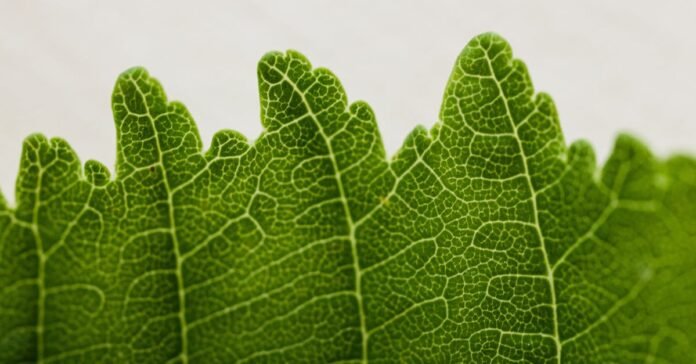You have certainly made a good decision if you have decided that you want to grow your own organic garden. There is a lot of technique involved to successfully growing your own plants, though. Do you know what you need to know about growing organic plants properly? If you don’t, you should look at these tips below.
When taking an organic path to control garden pests, try to build up the soil to allow healthy microbes to flourish. Earthworms are also very important to organic gardening and they should be encouraged to stay in the soil. When the soil is unhealthy, it is not as resistant to pests.
When you are organic gardening in a humid environment, water your plants in the early morning hours. This will help you prevent mildew. Watering in the morning also prohibits fungal growth that can occur in humid climates. You do not want mildew or fungal diseases to spread, it can lead to poor growth and unhealthy soil.
You can save time by using soaker hoses. Instead of standing with a hose for a long time or having to refill a container, set your water pressure on low and let your hose sit next to the plant that needs to be watered. Do not forget to turn the water off later.
Use a nicely finished compost pile as fertilizer for your garden. Organic means that you don’t use artificial fertilizers or herbicides to grow your plants, yet sometimes the soil isn’t necessarily full of the proper nutrients for growth. Utilizing a compost pile can provide you with a rich, dark earthy soil that can provide your plants with plenty of nutrients.
Do not waste your time and energy carrying a hose that is hard to put away. Get a couple or hose reels to keep your hose neat. You can get a stationary hose reel to keep your hose on a wall, but you can also find portable hose reels if you want to carry your hose around your garden.
Sometimes when you are growing vegetables or fruits, it can be helpful to cut off newly formed buds or other non-fruit bearing areas. This will stimulate the growth of heavier fruit because the plant re-routes nutrients to where its growth should be navigating. When taking care your garden, it’s important to make the distinction between harvesting the plant, or encouraging its growth.
Use organic mulch. Any material that is spread over the soil is considered mulch. It helps to keep weeds at bay, holds moisture in the soil, and keeps the ground cool in summer and warm in winter. Examples of mulch include compost, shredded leaves, fine wood chips, straw and grass clippings.
Most organic fertilizers will not harm the soft roots of plants, unlike, synthetic fertilizers. A great way to use an organic fertilizer is to mix it with the top two inches of soil next to the plant. This is called side-dressing, and it is usually worked into the soil during the growing season.
When planting seeds you should cover them with fine soil. Determine its depth by looking at the seed’s size and multiplying it by three. However, you should always know that some seeds cannot be covered, even the slightest bit, because they need to be in direct sunlight. Example of these kinds of seeds include the petunia and the ageratum. If you are unsure about the specific needs of your seeds, you should consult your local garden center or conduct further research online. Important things to look for include water requirements, ideal soil type, and recommended sunlight exposure.
Although there are many organic weed killers available on the market, it is often best and a real money saver to pull weeds by hand. If you keep up with it regularly, you can easily pull weeds before their roots are established. Wear gloves and be sure to pull out both the foliage and roots.
An organic garden is a benefit to you and everyone else who consumes the food that grows there. While the chemical companies claim great benefits, organic gardening will always provide the most rewarding and healthy crops.
When watering your tomatoes in your organic garden, you should always water them on the soil instead of the leaves. When you water the soil, the water goes down into the roots. The roots are the parts of the plant that need water and other nutrients. If you water the leaves, the water will not be able to get into the roots.
In conclusion, if you wanted to grow your own organic garden, but didn’t know much about where to start, you should now have an idea of what it takes to grow one. If you have any more questions as to what to do, there is a ton of information online, just waiting to be read.


